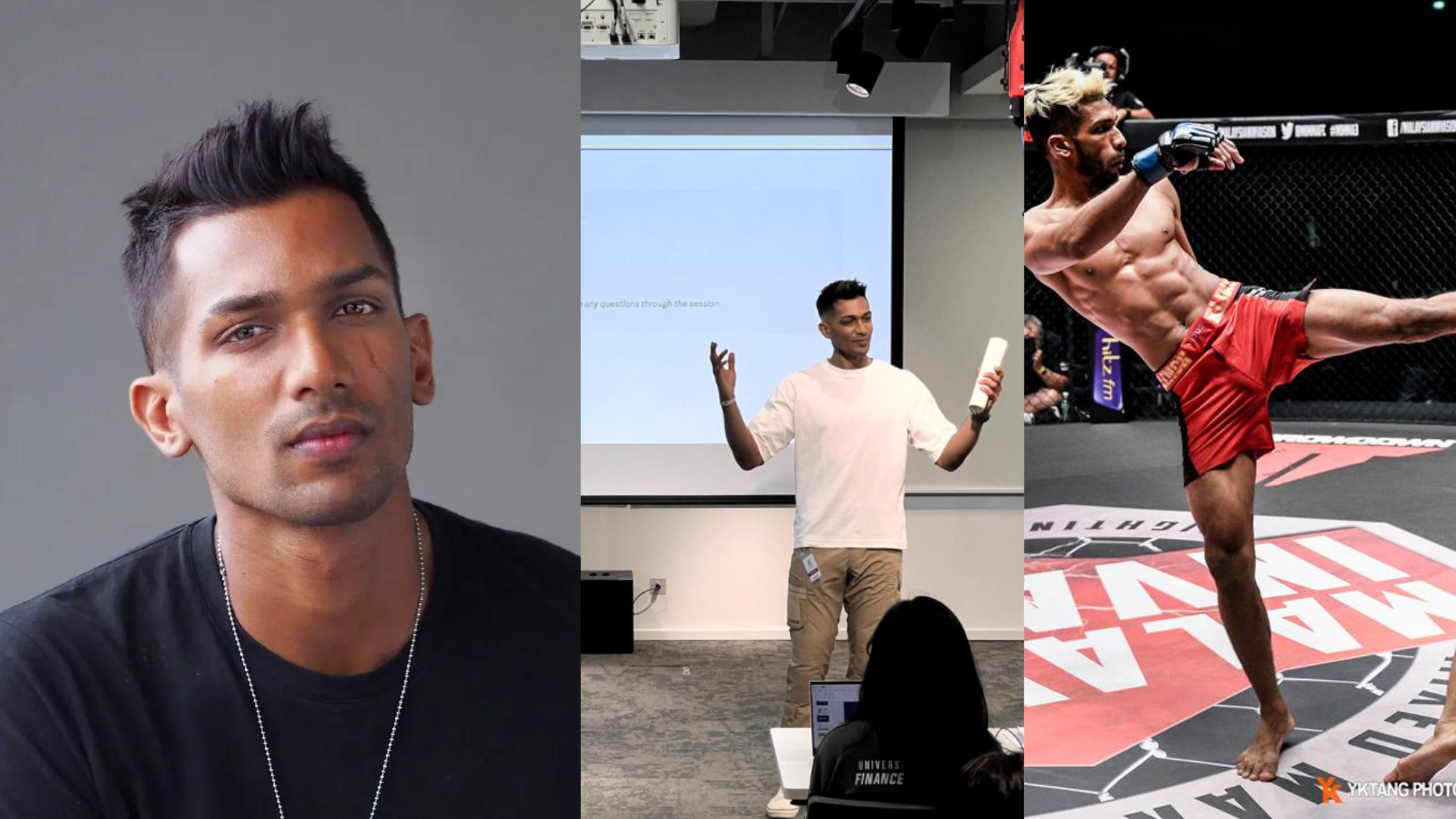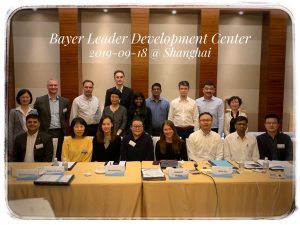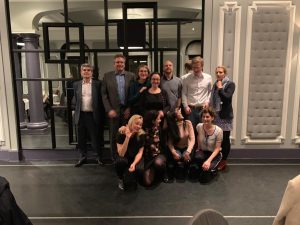The term “burnout” has rapidly become one of the most searched keywords in the USA since 2017. Even now in Malaysia, the odds of your next door neighbour having some understanding or personal experience of burnout is greater than it might’ve been years ago. A 5 second google search will lead you to countless thought pieces and articles. In fact, one particular article in 2019 by Anne Helen Peterson blew up on Twitter and subsequently sparked heavy discourse. The piece has now garnered over seven million reads, and has even inspired Peterson to author a book on the subject matter.
Peterson borrows insight from psychoanalyst Josh Cohen to define millennial burnout as the feeling of exhausting one’s inner resources, yet still anxiously pushing beyond that breaking point. In her book, Can’t Even: How Millennials Became the Burnout Generation, she draws inspiration from research and her own professional life to suggest that burnout is not a personal problem. Millennial burnout is a symptom of a much larger societal problem. And like any symptom, she indicates the need for a deeper diagnosis of societal pressures such as parenting styles and “hustle culture.”
In addition to their own socioeconomic disadvantages and complex lives, many millennials have had to encounter a series of shocks in their external reality too. An increase in economic uncertainty, political upheaval, public health risks and climate change concerns have all simultaneously occurred in their career-building phase of their lives. And that is just over the past two years alone. While these are universal problems across all generations in the workforce, millennials are arguably the most affected by these world events. Millennials are also expected to take up close to 40% of workforce by 2025.
This suggests that a sizable portion of the labour market will likely be dealing with the repercussions of the millennial burnout we have been seeing lately. A study by Manchester Metropolitan University in 2017 further indicated that millennials are “more likely to enter the workforce already having experienced a common mental health condition during childhood or adolescence, or to develop poor mental health after having entered the workforce.”
For a generation that’s determined to get a head start in their career, experiencing early-career burnout can be overwhelming. Unfortunately, there is no certain cure for burnouts.
There are however antidotes rooted in our current psychological understanding that can help ease the occurrence of burnouts for millenials.
- Rest
Of the three tips in this list, this is the most important one. The evidence on sleep science in psychology has long argued that good sleep is the best predictor of quality of life. Rest does not just equate to sleeping in for days on end. Dr. Saundra Dalton-Smith illustrates that rest involves physical (which can be broken down into passive; e.g sleeping, and also active; e.g massage therapy/yoga), mental, sensory, creative, emotional, and spiritual aspects as well.
- Passion
Falling back on activities we love is also a great way to treat millennial burnout. Obsessive passion with our work is what ties us to the ego, self-worth and relevance we derive from it; which research indicates leads to burnout. Instead, fostering what psychologists call harmonious passion outside of work might allow us to truly enjoy things for what they are. Harmonious passion is fostered by evaluating if performing a certain activity one might enjoy is truly in sync with one’s goals, values and desires and in life. Then, consider if you are making conscious efforts in alignment to them. Activities such as baking, bouldering, travelling, or even creating TikToks can be a helpful way to reinvigorate a lust for life that can be hampered by burnout. With enough practice, this harmonious passion can be cultivated in one’s work life as well.
- Socialisation
Whether we consider ourselves introverted or extroverted, the energy exchange involved in appealing to our inner social nature can be a force for good. In psychology, we attribute the infectiousness we can derive from being with other people as social/emotional contagion. For an introvert, speaking to someone might not be as energising as it seems. But socialisation doesn’t just involve speaking to friends at a party. Merely going out for a walk in the park in the evening, or playing an online game with one’s friends can help to restore one’s energy levels following a period of burnout.
The sense of nourishment that these three suggestions offer helps to tie us back to our own human nature. Our centuries-old human bodies are still adapting to spending hours in a day stuck in traffic, slumped in front of a laptop screen or being trapped in highly stressful work environments. Some bodies learn to cope better than others.
Empathy, as always, is the most important driving force of change in how we approach millennial burnout in the workplace. Our current understanding suggests recovering from burnout is not a linear process. Thus, it is vital that we also play a part in changing the systemic issues that cause it and do our best to help the millenials struggling from burnout to bounce back from these career setbacks.






















